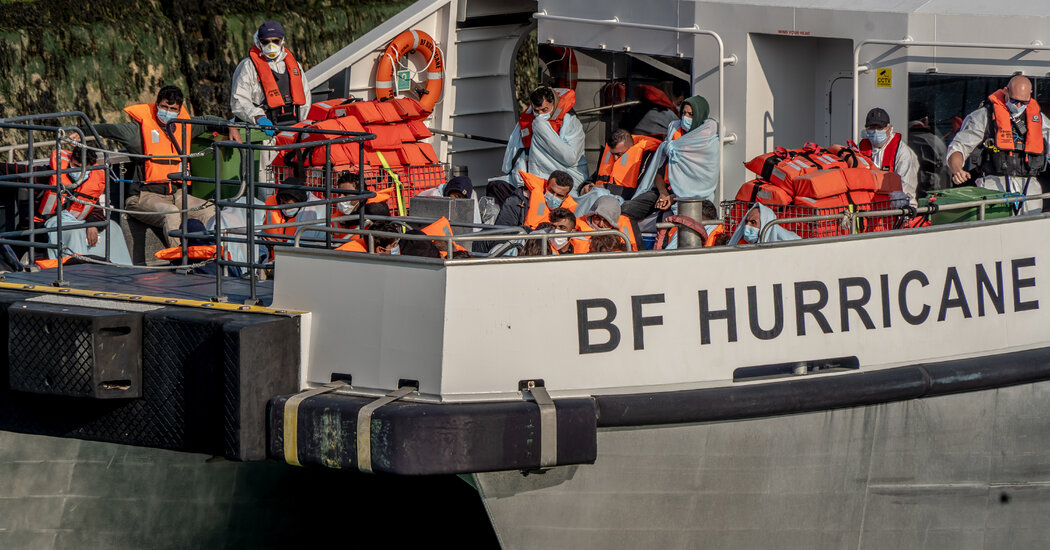The World’s Broken Promise of Asylum
The U.S. policy of diverting Haitian refugees began in 1991. It was a kind of loophole: If the refugees did not arrive at American shores, the United States was not technically obligated to hear their claims. Though no one was fooled, it kept Washington in compliance with American law, which had been written to match international obligations, as in many countries.
Years later came another surge in refugees worldwide, to 20 million in 2017, a figure that has risen slightly since then, though it remains smaller, as a share of global population, than the 1992 peak. The current refugee crisis is almost certainly smaller than the one following World War II, which forced tens of millions from their homes across Europe and Asia and devastated whole societies, all but forcing world powers to act.
But by the 2010s, as refugee outflows rose mostly from poorer countries, the response was very different. The United States applied similar policies to people from Central America as it had to Haitians, negotiating deals with governments, particularly in Mexico, to prevent refugees and other migrants from reaching the border. Europe and Australia pursued similar strategies.
The result: concentric rings of detention centers, some notorious for brutality, just beyond the borders of the world’s richest countries. Most are along refugees’ paths, or near the borders they had hoped to reach, allowing governments a fig leaf of compliance. Britain’s new proposal, by shipping people to the far reaches of another continent, takes this a step further, underscoring how the new system really works.
Some argue that enshrining new international agreements, or scrapping the old ones altogether, might more sustainably distribute global responsibility, particularly as a rise in climate refugees scrambles the boundaries between economic migrant and political refugee. World leaders, though, have expressed little interest in such plans. And if the problem is that governments do not want refugees and cannot be made to take them, replacing one half-ignored agreement with another would change little.
The Emerging Order
Europe’s seeming double standard — as its governments welcome Ukrainians but continue going to extraordinary lengths to keep out Middle Eastern refugees — has laid the unwritten norms of the new refugee system especially bare.
Check out our Latest News and Follow us at Facebook
Original Source







